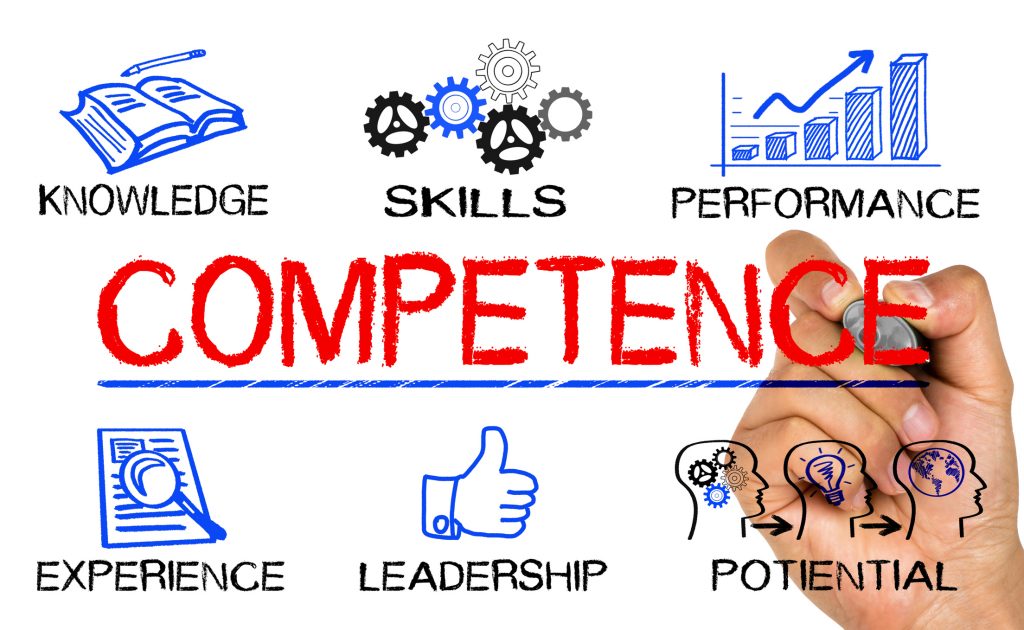Share and Help your Friends With Their Job Search!
Although most job seekers don’t think about the difference between hard and soft skills, hiring managers think about it all the time.
Hard skills include computer skills like Microsoft Word, Excel and Powerpoint; bookkeeping and accounting; software development; foreign languages; mathematics and statistics; project management; and data analysis, just to name a few.
As you can see, hard skills are about knowing how to do something and having had experience in doing it. It’s not difficult to determine if an applicant has hard skills. Employers can verify your hard skills by giving you a test or by asking for credentials like an advanced degree, a certificate or a license.
Hard skills tend to be easily transferable from one company to another. The rules of Microsoft Excel or Google Analytics are the same no matter where you work. You can learn them in school, from online courses or from books. Hard skills look great on a resume because they match up well with many job descriptions.
The problem is that when new technologies are introduced, hard skills based on older technologies become obsolete. Anyone who has been in the workforce for more than ten years has witnessed this first hand.
That’s why soft skills are so important.
Examples of soft skills are problem solving; communication and teamwork skills; patience; resilience, persistence, perseverance; mentoring; and leadership.
Soft skills are about handling situations rather than specific tasks. They are often called career skills because they involve the ability to adapt to change, for example the ability to work well with people from very different corporate cultures. Working in an international company requires the soft skill of working with people from many different cultures.
Employers look for both hard and soft skills. And once the minimum job requirements have been met by a candidate, soft skills are more likely to determine who gets hired.
Job seekers tend to overemphasize hard skills, so make sure you you don’t overlook your soft skills. Include them in your resume; mention them in your interviews; and you’ll improve your chances of getting hired.
For a comprehensive list of soft skills, go to Lei Han’s website here.

